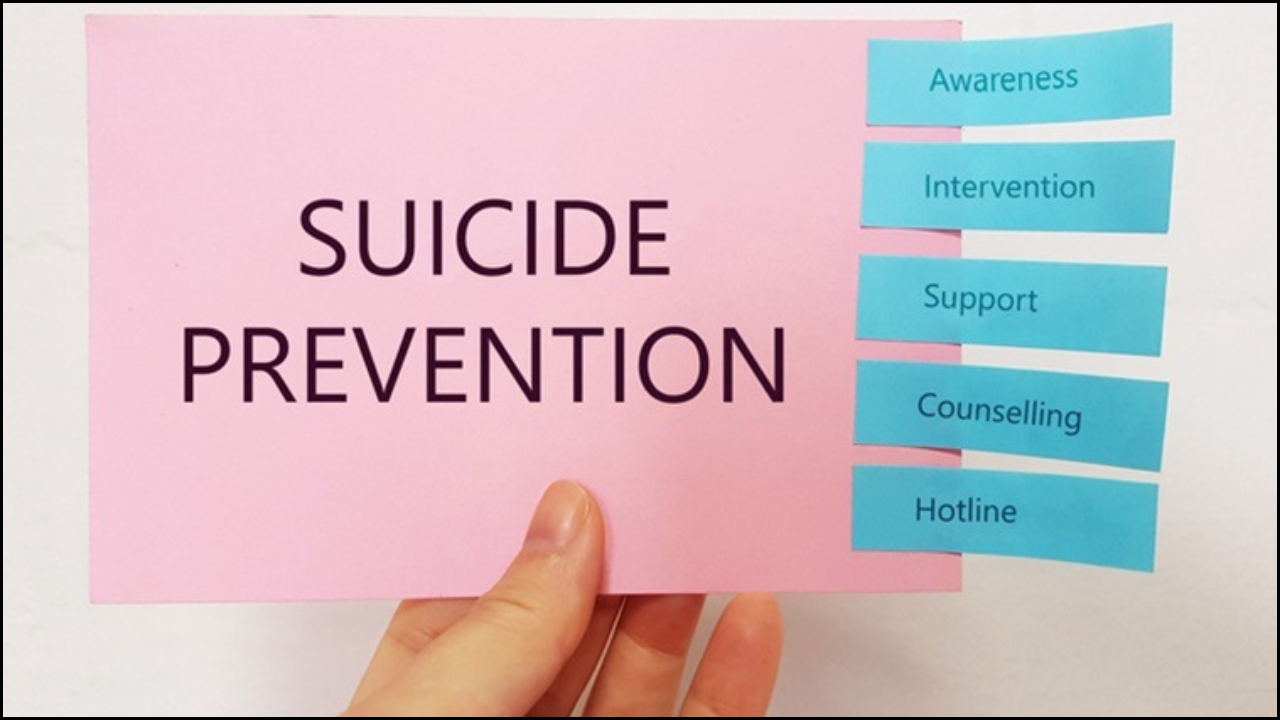
Every life holds immense value, even when pain makes it hard to see. Suicidal thoughts can feel overwhelming, isolating, and endless — but they do not define you, and they do not have to end in tragedy. Help is available, hope is real, and healing is possible. Reaching out for support is a brave and powerful step. Remember, you are not alone, and some people genuinely care and want to help you find light again.
Table of Contents
Understanding Suicidal Thoughts
- Suicidal thoughts often arise from deep emotional pain, stress, depression, trauma, or hopelessness.
- These thoughts do not mean weakness or failure; they are signals that you need support and understanding.
- Many people who have felt suicidal have gone on to find meaning and happiness again with help and care.
Common Causes of Suicidal Feelings
- Mental Health Conditions: Depression, anxiety, bipolar disorder, and trauma can increase suicidal thoughts.
- Life Stressors: Financial difficulties, relationship breakdowns, or job loss can contribute to despair.
- Loneliness or Isolation: Feeling disconnected can make pain seem unbearable.
- Hopelessness: Believing that nothing will improve can intensify emotional suffering.
- Substance Use: Drugs or alcohol can amplify sadness and impulsive behavior.
Recognizing Signs of Suicidal Thoughts
| Warning Signs | Possible Meaning | Suggested Action |
|---|---|---|
| Talking about death or wanting to die | A cry for help or attention to inner pain | Respond with care, not fear. Ask gently if they are okay. |
| Withdrawing from friends or activities | Desire to isolate or hide emotions | Reach out and offer support. |
| Expressing hopelessness or feeling trapped | Feeling unable to escape emotional pain | Encourage seeking professional help. |
| Sudden calmness after depression | Possible decision to attempt suicide | Stay with the person and seek immediate help. |
| Giving away possessions or saying goodbye | Preparing for suicide | Call helplines or emergency services immediately. |
What You Can Do Right Now if You Have Suicidal Thoughts
1. Tell Someone You Trust
- Speak to a family member, friend, teacher, or colleague.
- Sharing your thoughts may reduce their intensity and remind you that support exists.
2. Reach Out for Professional Help
- Contact a therapist, counselor, or mental health hotline.
- Mental health professionals are trained to help without judgment.
3. Avoid Isolation
- Stay connected with people. Loneliness intensifies hopelessness.
- Even a short conversation can help you feel less alone.
4. Remove Access to Harmful Means
- Stay away from objects or substances that could be used for self-harm.
- Ask someone you trust to help you make your environment safe.
5. Focus on Small Steps
- You don’t have to solve everything today.
- Try simple actions: take a walk, listen to music, write your feelings, or breathe deeply.
Immediate Steps to Find Help
| Step | What It Involves | Why It Helps |
|---|---|---|
| Talk to Someone You Trust | Share your thoughts openly | Brings emotional relief and understanding |
| Call a Helpline | Speak with trained listeners | Provides immediate crisis support |
| Visit a Mental Health Professional | Get therapy or counseling | Helps address the root causes of suicidal thoughts |
| Stay Around People | Be in safe, supportive environments | Reduces impulsive decisions |
| Take Care of Basic Needs | Eat, rest, and hydrate | Stabilizes your mood and mind |
Helplines and Support Services
In India:
- AASRA Helpline: +91-9820466726
- Snehi: +91-9582208181
- Vandrevala Foundation Helpline: 1860 266 2345
- Helpline for Students (iCall): +91-9152987821
In the United States:
- 988 Suicide and Crisis Lifeline: Call or text 988
- Crisis Text Line: Text HOME to 741741
In the United Kingdom:
- Samaritans: 116 123
In Australia:
- Lifeline: 13 11 14
(If you are in another country, please contact your local emergency number or mental health helpline.)
Supporting Someone Who Has Suicidal Thoughts
If someone you know shows signs of suicidal thinking:
- Listen calmly without interrupting.
- Avoid judging or offering quick solutions.
- Encourage professional help and offer to go with them.
- Check in regularly, showing you care beyond one conversation.
- Call emergency services if you believe the person is in immediate danger.
How to Respond When Someone Opens Up
| Do This | Avoid This | Why It Matters |
|---|---|---|
| Listen with empathy | Minimizing their pain | Validates their emotions and builds trust |
| Stay calm and patient | Panicking or blaming | Helps them feel safe and understood |
| Encourage professional support | Keeping the conversation secret is unsafe | Ensures long-term help |
| Follow up after initial talk | Ignoring after one conversation | Reinforces continuous care |
| Offer physical presence | Leaving them alone during crisis | Provides emotional stability |
Building Hope and Healing
- Healing begins the moment you reach out for help.
- Many people who have struggled with suicidal thoughts have later shared that asking for help saved their lives.
- Recovery is not instant, but each small step — therapy, community, connection — creates progress.
- Hope grows stronger when surrounded by understanding people and compassionate care.
Coping Strategies for Tough Days
- Practice deep breathing or meditation to calm your mind.
- Keep a journal to express emotions instead of suppressing them.
- Spend time outdoors or with pets — nature and animals promote emotional comfort.
- Engage in creative outlets like drawing, music, or writing.
- Set small, realistic goals to rebuild a sense of control and accomplishment.
Positive Coping Mechanisms
| Coping Strategy | How It Helps | Example |
|---|---|---|
| Mindful Breathing | Reduces anxiety and overthinking | Deep inhale for 4 seconds, exhale for 6 seconds |
| Creative Expression | Channels emotions productively | Drawing, journaling, or songwriting |
| Physical Movement | Releases stress and improves mood | Walking, yoga, or light exercise |
| Social Connection | Builds a sense of belonging | Talking to a close friend or joining support groups |
| Therapeutic Support | Offers long-term guidance | Regular sessions with a counselor |
In Summary
Every person deserves a chance to heal, to be heard, and to live fully. Suicidal thoughts are a sign of deep pain, not a permanent truth. Reaching out for help is not a weakness — it is a strength. Life can feel unbearable at times, but with support, time, and care, peace and purpose can return. You are not alone, and your story is not over. There are people ready to listen, understand, and walk with you until you feel safe again.
If you or someone you know is struggling, please reach out now — talk to someone, call a helpline, or seek professional support. You matter. You are loved. You deserve help and hope.





